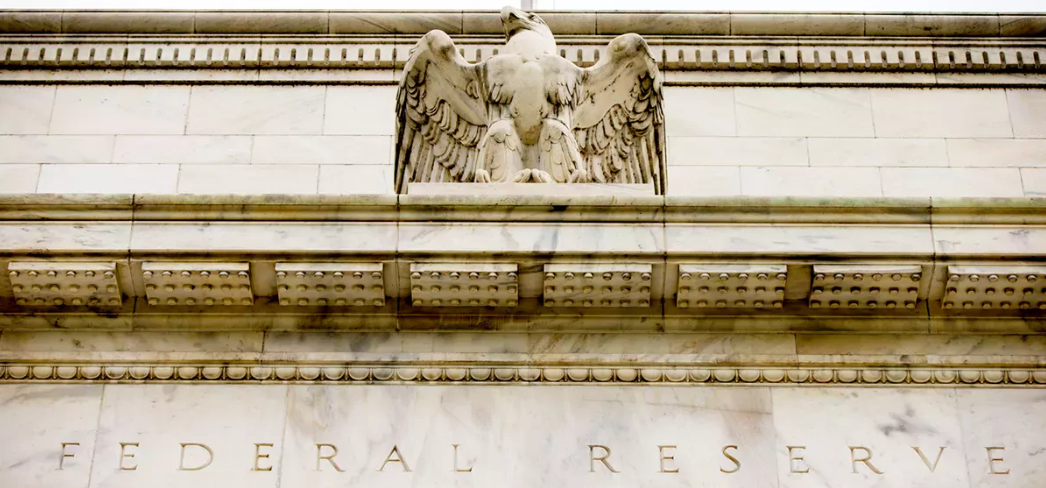
François Christen
Chief Economist
Recent developments support hopes of a return to price stability without the pain of recession.
Original article published in French on agefi.com

The eagerly-awaited inflation figures published last Tuesday were greeted enthusiastically by bond investors and on Wall Street, where the S&P 500 index posted substantial gains for the third week running. The change of picture is radical compared with the gloom that prevailed at the end of October, when the yield on the 10-year US T-Note was flirting with a level of 5%.
Unchanged in October, the consumer price index rose by 3.2% year-on-year. Stripped of the volatility of energy and food prices, the ” core ” index was up 0.2% on the previous month and 4.0% year-on-year. This variation is still well above the Fed’s target, but the increase observed since June (2.6% annualized) is no longer far from the target and should ease further as shelter price growth slows.
Receding inflation and the symptoms of slowdown that emerged in October (declining ISM indices, slower hiring, rising unemployment rate) should convince a large majority, if not all, of the FOMC members not to raise the Fed funds rate further in December. There is a broad consensus that the monetary tightening cycle has come to an end, and that a change of course is due in 2024.
Opinions differ, however, as to the speed and extent of the interest rate cut expected next year. Reflecting current expectations, CME’s futures anticipate a first rate cut in the second quarter and a cumulative 0.75% rate cut through to the end of the year. In other words, a majority of players seem to be betting on a “soft landing” leading the Federal Reserve to gradually normalize monetary conditions.
This promising scenario is supported by recent economic indicators. The modest decline in retail sales in October (-0.1% after +0.9% in September) proved less pronounced than expected. However, the decline in manufacturing output, the fall in the NAHB housing market index and the steady increase in jobless claims point to a slowdown in growth in the fourth quarter after the third-quarter surge.
Falling inflation led to a sharp decline in dollar yields. The 10-year T-Note thus fell below 4.5%, after starting the week close to 4.65%. This downturn once again calls for a preference for short- and intermediate-term bonds. Tactically, it is probably too late to “buy” duration, but too early to “sell” it.
European bond markets have followed the trend dictated by the USA. The structure of interest rates in euros fell significantly, with the yield on the 10-year German Bund dropping to 2.6%. Italian government bonds benefited from the upgraded outlook from negative to stable announced by Moody’s. In the UK, falling inflation and declining retail sales accentuated the inversion of the sterling yield curve. The Swiss franc capital market followed the general trend, despite the rather austere tone of the SNB Chairman’s speeches.










